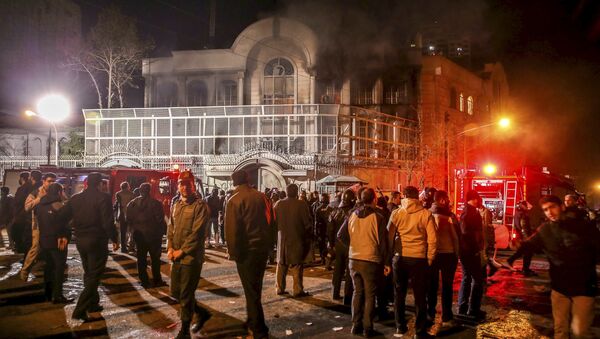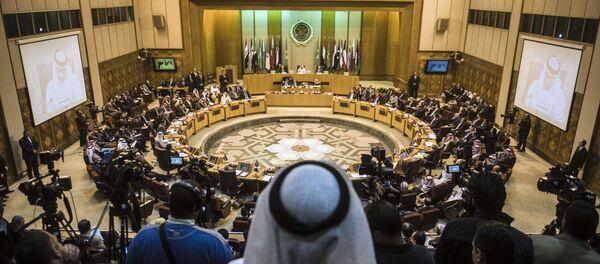"The problem for the balance of the region is that this triangle is completely dysfunctional," wrote Moisi in the French newspaper Les Echos.
"Indeed, we cannot understand the dangerous escalation which Saudi Arabia and Iran are engaged in without examining the role of the US, or rather lack of it."
The US's energy self-sufficiency means it is no longer depends on supplies from the Middle East and is therefore less engaged in curbing the behavior of Saudi Arabia, which has become more and more reckless; the kingdom "now behaves like a free electron in relation to Washington" said Moisi.
"Yesterday, Saudi diplomacy combined 'a generous checkbook and a low profile.'"
"Today, Saudi Arabia seems to be compensating for the weakening of its resources with the audacity and visibility of its initiatives," said Moisi.
He referred to the decision to execute the Shia cleric Sheikh Nimr al-Nimr; when it put the peaceful dissident to death, the kingdom "took the risk of inflaming tensions with Iran and beyond, with the entire Shiite world."
The government is also struggling in the absence of good political leadership since the death of Prince Saud al-Faisal last year, who had directed Saudi diplomacy for 40 years, said Moisi.
"Riyadh's headlong rush can also certainly be explained in terms of personnel. That is to say, there is not (or no longer) a Kissinger in the House of Saud."
The escalation between Saudi Arabia and Iran threatens efforts to establish peace in Yemen and in Syria, said Moisi. If the main participants of peace talks want to weaken each other, then Daesh will be the only winner, and "compromise becomes impossible across the region."
"In fact, there should be a return to the formula of the triangle. The United States cannot and will not choose between Saudi Arabia and Iran. But they are the only ones who can perhaps restore some form of responsible dialogue between Saudi Arabia and Iran."




